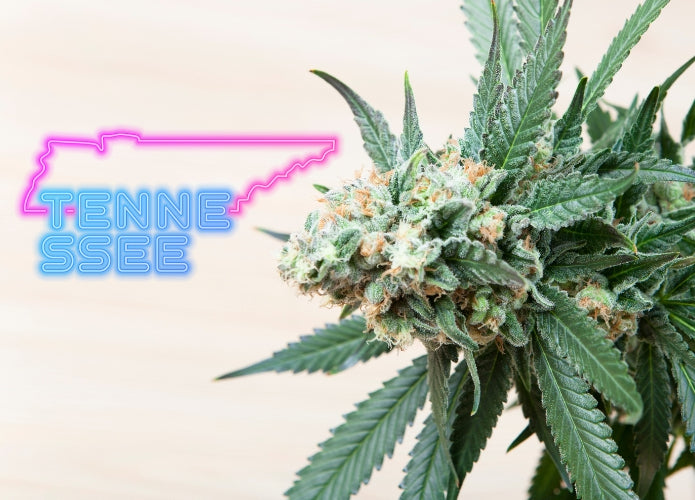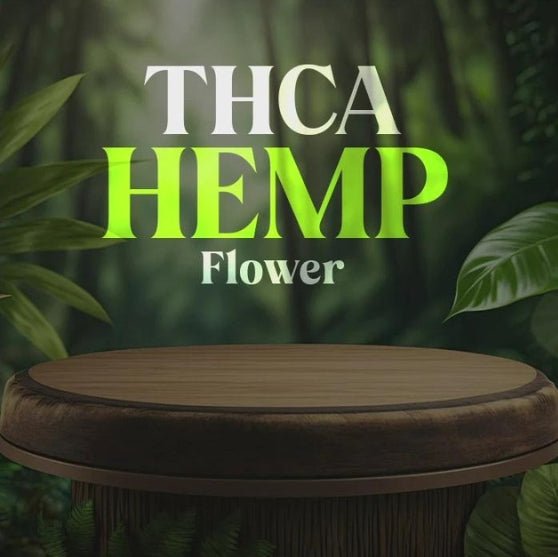After failing to pass similar legislation earlier last year, legislators are proposing new measures to add hemp-derived products, like Delta-8 THC and any other intoxicating cannabinoids, to the state’s definition of “marijuana.”

The calendar may read 2024. However, for advocates and stakeholders in the hemp industry, the song remains the same as the seemingly unending civil war between hemp and cannabis interests continues to rage in state legislatures across the country.
The latest battleground is in the “Show Me State” of Missouri, where lawmakers are once again attempting to place hemp and its myriad of downstream products and uses under the umbrella of the state’s cannabis regulatory system.
According to multiple local and national media outlets, State Sen. Nick Schroer, a Republican from O’Fallon who chairs the legislative committee that oversees Missouri’s marijuana rules, filed legislation last week to continue last Spring’s failed attempt by the State House to regulate Intoxicating Hemp Derivatives (IHDs), such as edibles and Delta-8 THC-infused beverages.
“It is the intent of this section that intoxicating cannabinoid products should be subject to the legal framework contained in Article XIV of the Constitution of Missouri, under which the purchase, possession, consumption, use, delivery, manufacturing, and sale of marijuana is regulated by the department,” the Senate legislation said.
"It is the intent of this section that intoxicating cannabinoid products should be subject to the legal framework contained in Article XIV of the Constitution of Missouri, under which the purchase, possession, consumption, use, delivery, manufacturing, and sale of marijuana is regulated by the department.”
- MO State Senate Bill to Place Hemp Products Under Marijuana Regulatory System
The issue of how to handle IHDs has become a contentious and legally ambiguous issue in recent years for legislators, regulatory agencies, law enforcement officials, hemp businesses, the relentless corporate cannabis lobby, and parents whose children are the vulnerable targets, according to some authorities, of unscrupulous and overly aggressive hemp-based product manufacturers and retailers.
Because IHDs derive from hemp, which was made federally legal by the 2018 Farm Bill, manufacturers can distribute them through gas stations and convenience stores all over Missouri. Likewise, because no state or federal laws prohibit minors from buying these products or bar stores from selling them to teens and children, officials are rightfully concerned about the potential health and wellness impact the items could have on unsuspecting kids.
“I’ve had constituents reaching out to me saying that their kids had been hospitalized,” Schroer said.
"I’ve had constituents reaching out to me saying that their kids had been hospitalized.”
- MO State Senator Nick Schroer (R)
The proposed legislation by Schroer and his colleagues would charge the Missouri Department of Health and Senior Services with regulating IHDs and other hemp-derived products as it does for the state’s medical cannabis program currently. In addition, the measure would require these product offerings to be sold at DHSS-licensed dispensaries. A companion bill has been filed in the House by Bowling Green Republican State Rep. Chad Perkins.
When asked to comment on the proposed legislation, DHSS spokeswoman Lisa Cox states that her department does not take political positions on legislative measures like those offered by Schroer and Perkins. However, she did acknowledge an increase in the number of incidences involving children going to the hospital for cannabis exposure.
“We do acknowledge the potential and ongoing public health impact of unregulated THC products. The department has increased its emphasis on regulatory mechanisms that protect health and children in order to minimize any contribution of the regulated cannabis market to such incidents. As of right now, there is no such protective framework for unregulated THC products,” Cox said.
"We do acknowledge the potential and ongoing public health impact of unregulated THC products. The department has increased its emphasis on regulatory mechanisms that protect health and children in order to minimize any contribution of the regulated cannabis market to such incidents. As of right now, there is no such protective framework for unregulated THC products.”
- MO DHSS Spokesperson Lisa Cox
The notion that IHDs and hemp products, in general, require rigorous and thoughtful regulations and guidelines is not being challenged by anyone in this debate. Sean Hackman, president of the Missouri Hemp Trade Association (MHTA), said his organization welcomes legislative efforts prohibiting the sale of products containing IHDs to minors and bills mandating clear user instructions and thorough product testing.
However, Hackman and his fellow association members vehemently oppose tasking the DHSS with regulating items and requiring them to be sold in licensed dispensaries.
“While any overdose report, especially those involving minors, is deeply concerning, this does not constitute a public health emergency but rather an opportunity for improved regulation,” Hackman said in an email to The Independent in response to the legislation.
"While any overdose report, especially those involving minors, is deeply concerning, this does not constitute a public health emergency but rather an opportunity for improved regulation.”
- Sean Hackman, President of the Missouri Hemp Trade Association
Many state lawmakers agree with Hackman and the MHTA. During an initial hearing on the proposed measure, Republicans and Democrats alike vigorously pushed back on the concept of forcing the Missouri hemp industry under the regulatory control of DHSS, indicating that it would enable the “marijuana monopoly” to take over the IHD market given the limited number of dispensary licenses available.
Similar legislative and judicial battles have been waged in Arkansas, Texas, Alaska, Georgia, Virginia, and Kentucky in the past calendar year. Most have resulted in legal outcomes favoring the hemp industry. However, as more and more states begin to confront the issue of unregulated and ubiquitously available hemp-derived intoxicating products, the threat against the majority of law-abiding and conscientious hemp business owners remains a real and existential threat.
Many experts and industry insiders hope the Farm Bill, extended until September 2024, will be revised to reflect the need to regulate the hemp industry, particularly concerning IHDs, more comprehensively upon its renewal. Until then, the war will continue to rage, and the unfortunate casualties will be small hemp companies and the customers they loyally and faithfully serve.






































